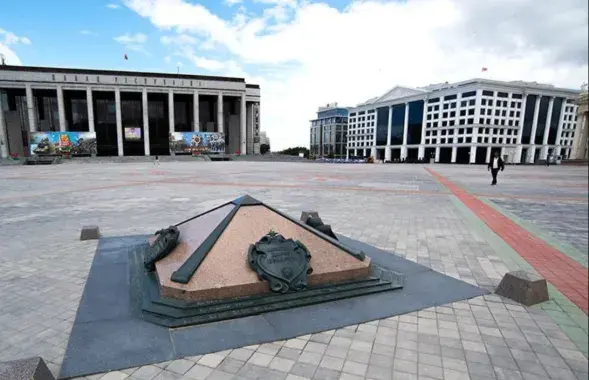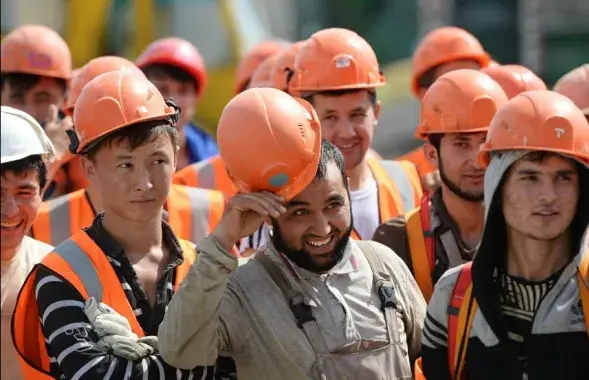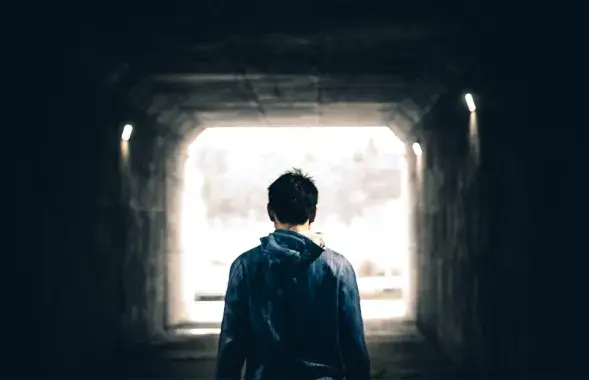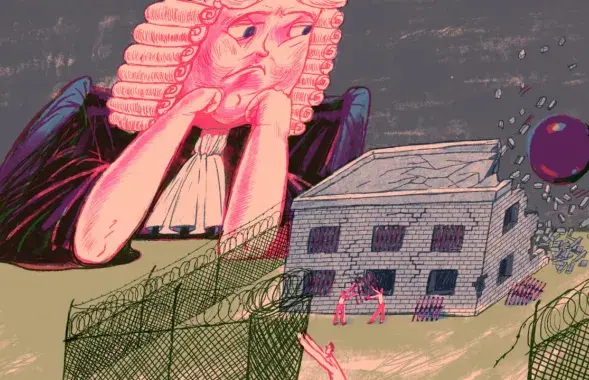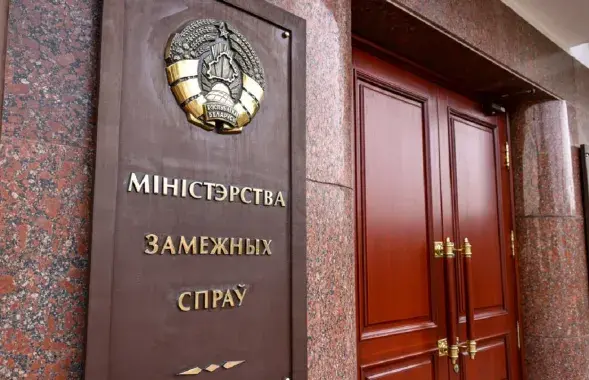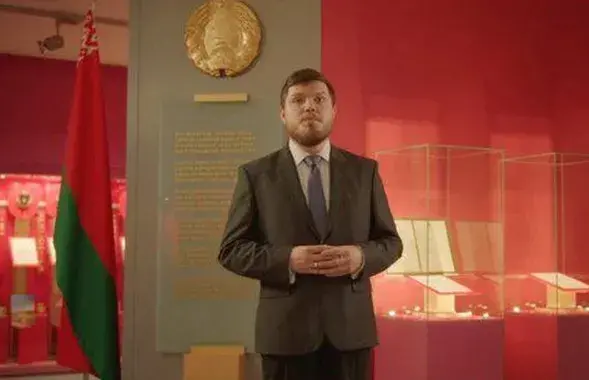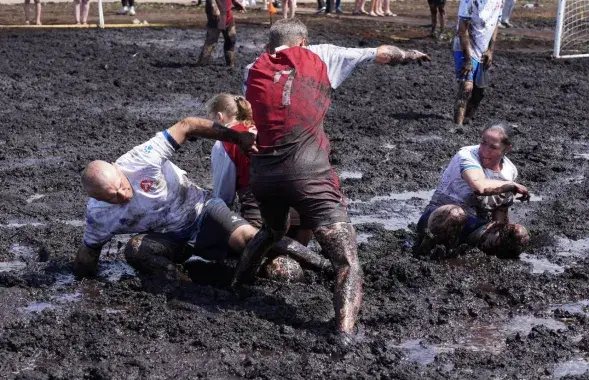Why do human rights defenders prefer keeping silence at Byalyatski's trial?
The witnesses and Ales Byalyatski himself decided to give as little information as possible to the investigation and the prosecution.
One of the characteristic features of Byalyatski's trial is the silence of the witnesses. They refer to the Article 27 of the Constitution, which states that the person is allowed not to witness against themselves. The human rights defenders to whom Ales Byalyatski allegedly transferred money from his foreign accounts, refuse to give evidence all as one.
I think this is the right tactic, due to two reasons. The activity of unregistered organizations is considered a crime here. The question "Are you a member of the human rights center "Viasna" means that, answering positively, a person risks to confess in the activity on behalf of an unregistered organization, thus, in a crime, according to Art. 193 of the Criminal Code of the Republic of Belarus. The same with finance”, -- says one of Ales Byalyatski's closest allies Valyantsin Stefanovich.
Thus, the witnesses defend their interests thoroughly. The question is, whether their silence helps to defend the interests of Ales Byalyatski himself. Human rights defender Uladzimir Labkovich thinks that the authorities use Byalyatski's trial to collect information about "Viasna". Correspondingly, it is better to keep silence in such situation.
"Naturally, the witnesses took their decision personally. There was a task to give evidence and to confirm the evidence of Mr. Byalyatski. They did it, they had nothing to lie about - they told how they worked with Mr. Byalyatski. On the other hand, why helping the KGB and give evidence which they need to work on the human rights defenders".
Not only the witnesses refuse to answer the prosecutor's question at the trial. Ales Byalyatski also often answers with "I don't remember", "I forgot" or "I can't say for sure".
"Taking into consideration the fact that this is a political trial, and that the sentence to Byalyatski does not depend on what he says but only on the political worthwhileness of the current regime, we should not play by their rules. We should not give evidence which wouldn't help Mr. Byalyatski, as, I'll say it again, this is a political trial - why giving additional information to the special services?", -- says Uladzimir Labkovich.
Byalyatski's demand to provide him an interpreter may also influence the process. There may appear certain nuances in the attitude to the accused from the side of the prosecutor and even the judge, admits the lawyer of the Belarusian Helsinki Committee Harry Pahanyayla.
"Emotionally, psychologically they may percept this like "he is showing off". Naturally, he is a writer and a philologist. He should know both Belarusian and Russian... So, the judge may think that he is "showing off" just to underline that he is Belarusian-speaking".
Alongside with that, all Belarusian state officials, including judges and prosecutors, are obliged to know both state languages. Correspondingly, this is the court's responsibility to provide an opportunity to hold the trial in Belarusian", Pahanyayla says.
"This right should be granted by the court. Both the judge and the prosecutor should know Belarusian and hold the trial in Belarusian, if they occupy such positions".
Maybe, silence at the trial does not give Ales Byalyatski more chances for a not-guilty verdict. However, the minimum of information which the investigation receives from him may help to avoid several more trials of the kind.
